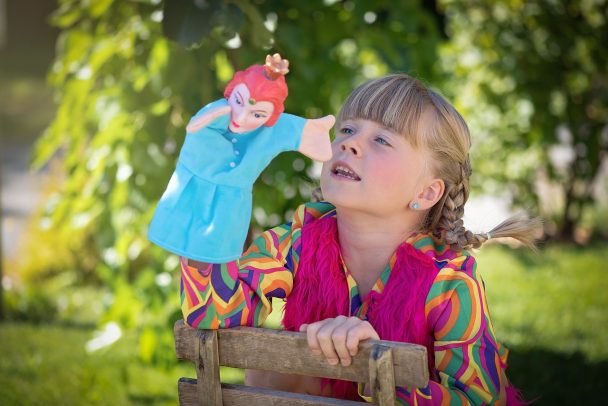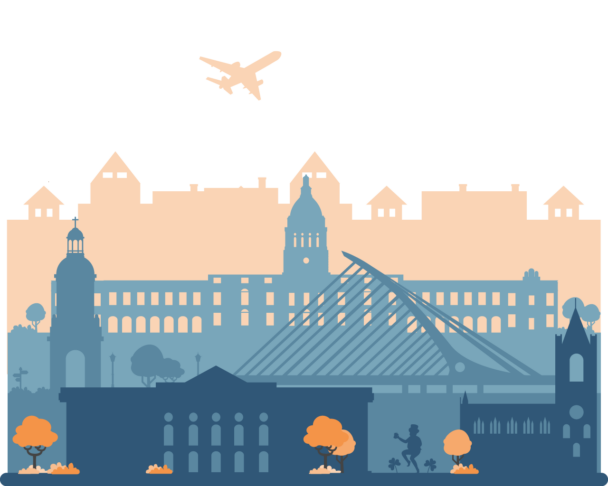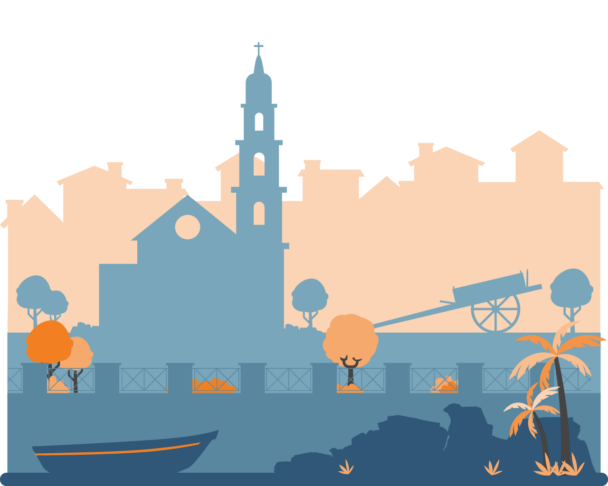Description
Drama is both an art form in its own right and a highly effective teaching and learning methodology, empowering students to learn creatively, think critically, and engage their bodies and emotions in the learning process.
As drama strategies actively promote fluency, confident communication, and listening skills, they are particularly effective in the language classroom, but all subjects can benefit from a drama-in-education approach.
In this course, participants will be introduced to the philosophies and principles underpinning drama in education as a teaching methodology and to a wide range of theatrical techniques used in diverse educational contexts. The content covered will include improvisation, process drama, theatrical techniques, voice work, and embodied learning.
Participants will be encouraged to actively participate in and experience all dramatic techniques and tools in order to fully appreciate the student experience and to align theory with practice.
There will be time allotted daily for participants to experiment with new games, activities, and techniques, adapt them to the needs of their own subjects and students, discuss how they might be used in lessons, and reflect upon challenges and highlights. One full day will be dedicated to designing and sharing original ideas and receiving feedback from the group.
By the end of this course, participants will have learned valuable activities and techniques to use in their classrooms, gained a deeper understanding of how and why drama is used as an effective teaching tool, and begun to develop their own drama-based lessons.
What is included
Learning outcomes
The course will help the participants to:
- Experience the physical appeal of embodied teaching;
- Practice powerful tools for increasing engagement and motivation in the classroom;
- Integrate Drama-based teaching into both the classroom and the curriculum;
- Understand how they can use their body and voice to emphasize their teaching;
- Foster self-confidence and expression among students with drama and theatrical techniques;
- Design imaginative and engaging lessons.
Tentative schedule
Day 1 – Course introduction & setting goals
- Introduction to the course, the school, and the external week activities;
- Icebreaker activities;
- Presentations of the participants’ schools;
- Introduction to Drama in Education
Day 2 – Improvisation games and storytelling
- Introduction to improvisation: Yes, and…
- Improvisation games for the classroom;
- Storytelling workshop.
Day 3 – Embodying of language
- Embodying language: pronunciation workshop;
- Embodying language: Grammar through drama;
- Create and present original activities.
Day 4 – Process Drama
- Introduction to process drama: theory and techniques;
- Example: The woman in white;
- Example: The green umbrella.
Day 5 – Drama activities for your students
- Plan activities for your own students;
- Presentation and Feedback;
- Reflection: what’s in your suitcase?
Day 6 – Course closure and cultural activities
- Course evaluation: round-up of acquired competencies, feedback, and discussion;
- Awarding of the course Certificate of Attendance;
- Excursion and other external cultural activities.




